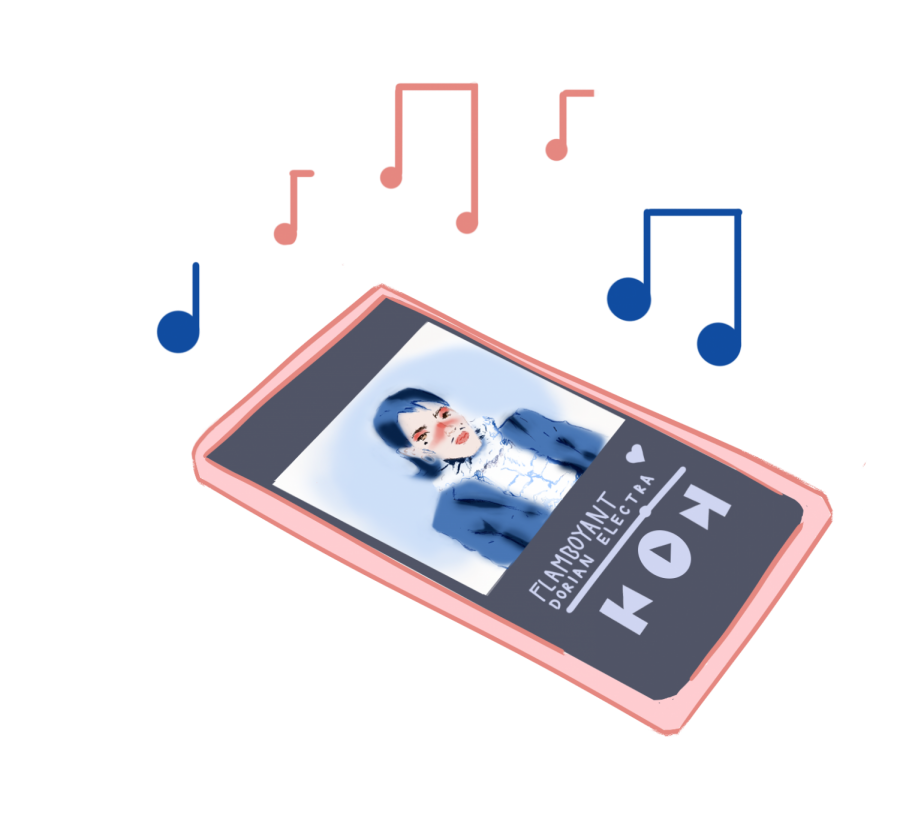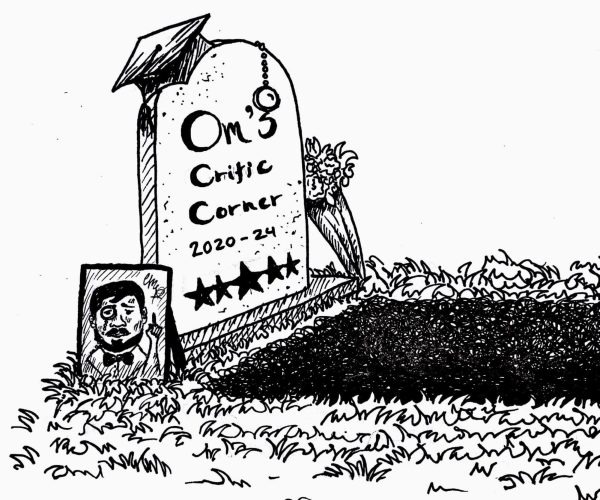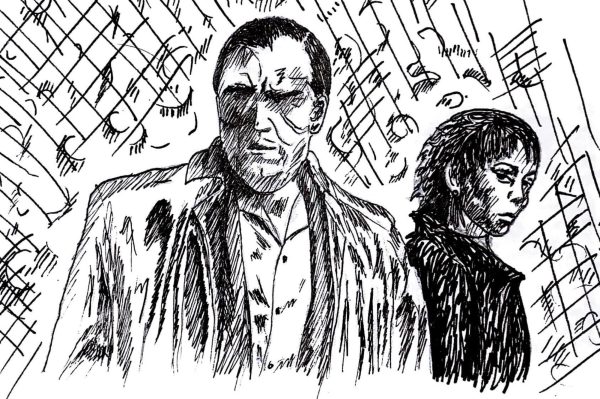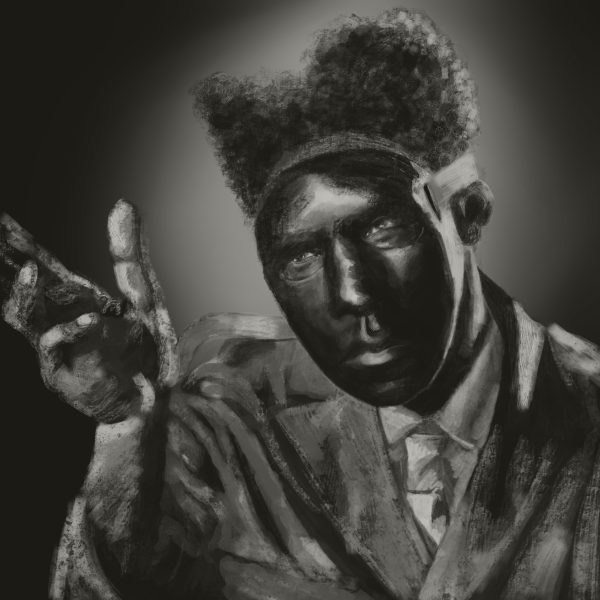Artists such as SOPHIE and 100 gecs have created a niche environment in today’s pop
Hyperpop offers an alternative to queer and trans artists who feel out of place in mainstream media
Anyone that has studied music history can tell you that within each period, whether it be baroque music of the seventeenth century or rock music of the eighties, there is bound to be a group of musicians that take style conventions to the extreme. These maximalists push the envelope of taste and style and, in the process, often end up creating unique sounds that both exemplify their period’s conventions and critique them as well. This trend occurs in almost every musical period and its most recent variation stems from pop music.
Though originally referring to popular music, as opposed to classical or folk music, its modern name, “pop,” encompasses a wide range of sounds that are unified by their catchy lyrics, repetitive and straightforward structure and their relatively simple melodies. It’s music that is easy to listen to and easy to learn and sing along with. As such, pop music is easy to sell and market, which has led to its popularity and presence in the music industry today.
However, because it is so commercialized, pop music has felt increasingly disingenuous. Add to that the prevalence of music technology, such as autotune and electronic ways of making music, and you get music that to many no longer feels authentic. This dissatisfaction with pop and the music industry as a whole, coupled with the rise of the internet and easy access to new electronic music creates a new subgenre of maximalist pop: hyperpop.
Though I was exposed to hyperpop through TikTok in the last couple of weeks, the subgenre arose in the late 2010’s with artists like 100 gecs, SOPHIE and Dorian Electra. However, this type of music did not gain the name hyperpop until Spotify curated a playlist with that name in August 2019.
It takes the electronic sound of regular pop music to the extreme, resulting in a glitchy and synthetic sound. Hyperpop owns and embraces this artificial sound, however, and it’s often what ties the subgenre together. This digital sound also makes it relatively easy for young people to break into the scene; all you really need is the right software downloaded on your laptop and a microphone.
Some of the biggest hyperpop hits, in fact, came from teenagers creating music in their bedrooms. Artist osquinn, who has also recorded under the name P4rkr, released her hit song, “Bad Idea” when she was only fifteen. As of the date I’m writing this, osquinn’s most popular song, “i dont want that many friends in the first place” has been played over ten million times. Young and new artists like her make up a large portion of the subgenre, with eighty percent of the songs on Spotify’s “Hyperpop” playlist being independent releases.
Hyperpop also has become a niche for queer and trans artsits and listeners alike. A number of major artists who pioneered this subgenre, such as SOPHIE, Dorian Electra and Laura Les, are trans, or nonbinary, themselves, and trans-inclusivity has remained a major facet of hyperpop. Les, part of the duo that makes up 100 gecs, has said that the ability to pitch up her vocals, a popular effect in the subgenre, has helped her gender dysphoria surrounding her voice. In this way, hyperpop has created the perfect environment for trans artists to create music that they enjoy and that makes them comfortable.
Many of the lyrical themes of hyperpop also critique the heavily gendered and heteronormative music industry. It’s no secret that mainstream pop music is mostly created by and for cisgender, heterosexual people, and that fact can be incredibly alienating for those who don’t fit that mold. Yet, this is something that hyperpop comments on. In 100 gecs’ song, “Money Machine,” for example, Les taunts the listener with emasculating comments that poke fun at their strength and toughness.
Hyperpop has emerged as a maximalist and satirical take of commercialized pop and was pioneered by queer and trans individuals; it runs in opposition to everything that the mainstream music industry stands for. It’s a small niche for those looking for something different and for a group of artists and listeners who aren’t afraid to stand apart from the crowd, while making fun of it, of course. Hyperpop has quickly gained acclaim, and it will be interesting to see where it goes next.











